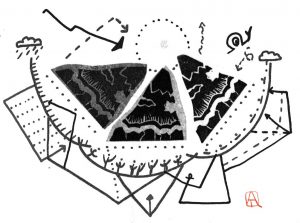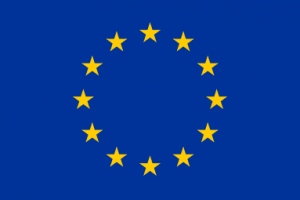
Although benchmarking is an expression that comes from the business world, scoping and signalising what the competition is doing and what level of development they are, its practice has gone beyond this area. Different disciplines use it as a way of mapping the beginning of a study or project.
In FEDORA, we see the need of depicting different approaches that can be linked to the blind spots that we have recognised, especially when we consider coming up with new narratives for science education. That’s why one of our partners, formicablu, prepared an internal work document called Benchmark of existing examples of cross-media and innovative science communication. It aims to map the state of the art and the resources that we, as a project consortium, consider valuable as inspiration and informing sources for the different steps in the project.
We recognise the formality, hierarchy and intended neutrality in the languages usually adopted to teach science and address complex and uncertain issues. Therefore, it is essential to explore and propose new imaginative narrative languages in this era of acceleration, one of our ethe as a project. As stated in the document, this is not a linear task, and there are not many ready-to-use available resources to rely on.
How did we benchmark the “narratives for science education” landscape? Our methodology considered desk research, a survey among our partners, and two consultation events, which led to crowdsourced expert information. One of the events was a 40-minute session during FEDORA Kick-off and the second event was a two-hour workshop. These phases led us to a body of resources that considers 20 European projects, 33 books, 25 websites, 23 films, nine opinion articles and five databases as a starting point.
The iterative and co-creative character of FEDORA places this benchmarking as a starting point that will be continuously reviewed, revisited and enriched, enabling us to prototype a range of new and diverse possibilities within the consortium and then, in a subsequent step, with the involvement of other experts and professionals.
By addressing this blind spot, we aim to equip teachers, teacher trainers, and students with linguistic, argumentative, and imaginative thinking skills. We consider these skills valuable to face contemporary challenges and provide them with languages, frameworks and conceptual tools to innovate and futurise science education.
